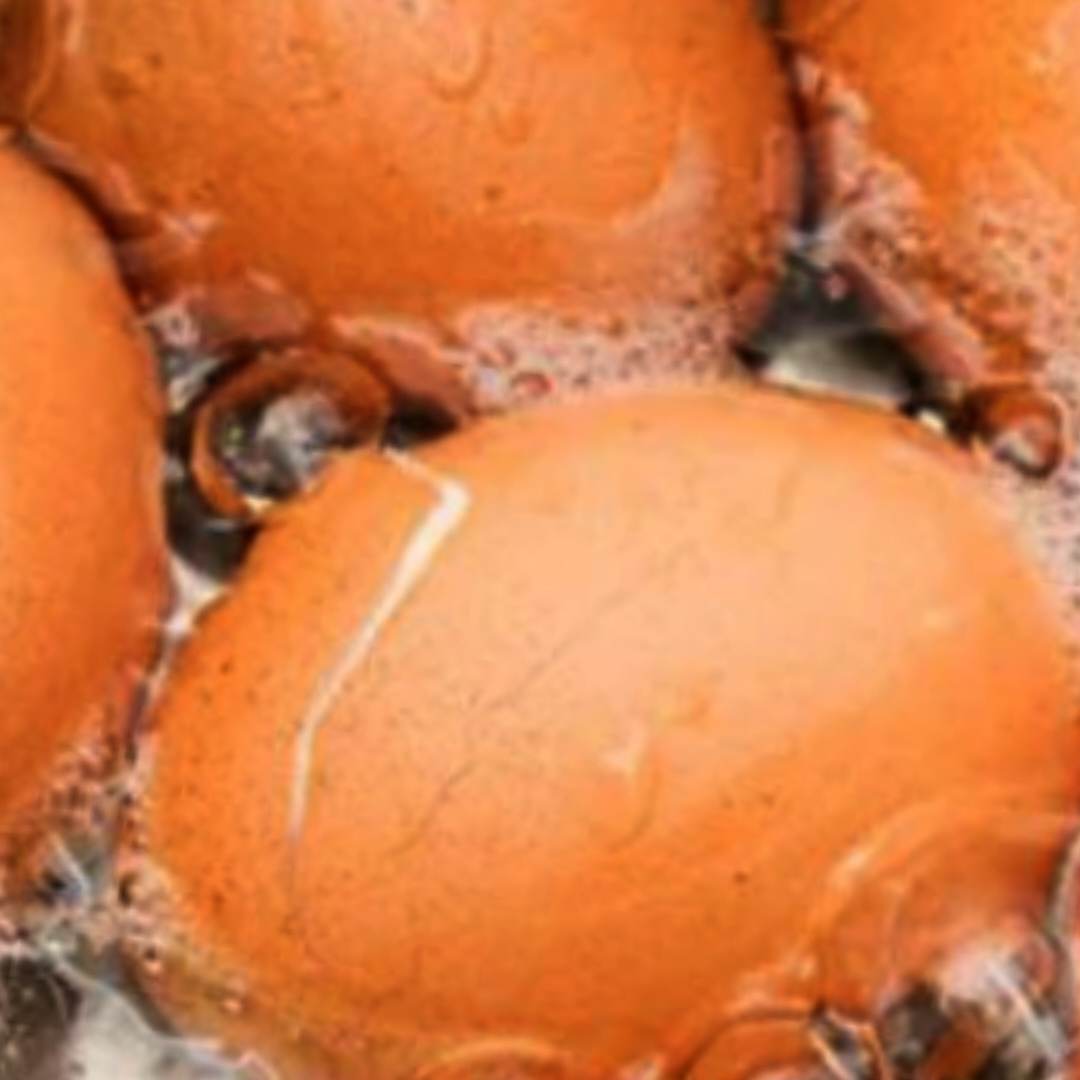When it comes to boiling eggs, most people follow the common practice of adding cold water directly into the pot. While this may seem like the easiest and quickest method, it’s actually not the best approach. Today, I’m going to show you the proper way to boil eggs that will result in perfectly cooked eggs every time.
Why You Shouldn’t Add Cold Water Directly into the Pot
Adding cold water directly to the pot while boiling eggs can cause uneven cooking. The sudden temperature change can result in eggs with rubbery whites or undercooked yolks. Moreover, it increases the likelihood of the eggs cracking due to the rapid temperature shift. By following the correct method, you’ll avoid these issues and enjoy eggs with a consistent texture and flavor.
The Correct Way to Boil Eggs
The method for perfectly boiled eggs involves a few simple steps. By understanding the science behind it, you can get consistent results and avoid common mistakes.
1. Start with Room Temperature Eggs
Start with eggs that are close to room temperature. If they are too cold, the sudden temperature change when placed in hot water can cause them to crack.
2. Add Eggs to a Pot of Hot Water
Instead of starting with cold water, place the eggs in a pot of already boiling water. This ensures that the eggs cook evenly and the texture is smooth. You can bring the water to a boil over medium-high heat.
3. Adjust the Boil Time for Desired Consistency
Once the water is boiling, reduce the heat to a simmer, and set the timer based on how you like your eggs:
- Soft Boiled: 4-5 minutes for a runny yolk.
- Medium Boiled: 6-7 minutes for a creamy, slightly set yolk.
- Hard Boiled: 10-12 minutes for a fully set yolk.
4. Cool the Eggs with Ice Water
After the eggs are cooked to your desired level, transfer them to a bowl of ice water. This stops the cooking process immediately, preventing the yolk from becoming overcooked and dry. It also makes peeling the eggs easier.
Benefits of the Proper Boiling Method
Even Cooking: By placing the eggs in hot water right from the start, they cook more evenly, ensuring that both the whites and yolks have the perfect consistency.
Fewer Cracks: Avoid the rapid temperature changes that cause eggs to crack by not adding cold water directly into the pot.
Easier Peeling: Cooling the eggs in ice water helps prevent the membrane from sticking to the egg whites, making peeling much easier.
Consistent Results: Once you master the correct technique, you’ll get the same perfect boiled eggs every time.
Additional Tips for Perfect Boiled Eggs
- Use a Timer: The timing is critical for getting the right consistency, so use a timer to avoid overcooking.
- Choose Fresh Eggs: Fresh eggs can be trickier to peel. If possible, use eggs that are at least a few days old for easier peeling.
- Store Properly: After boiling, store the eggs in the fridge if you’re not eating them immediately. They can be kept for up to a week.
Conclusion
While adding cold water directly into the pot when boiling eggs is a common habit, it’s not the best method for perfect eggs. By starting with boiling water and adjusting the cook time based on your preference, you’ll achieve more consistent, evenly cooked eggs with fewer cracks. Follow these tips, and you’ll be able to enjoy the perfect boiled eggs every time!
